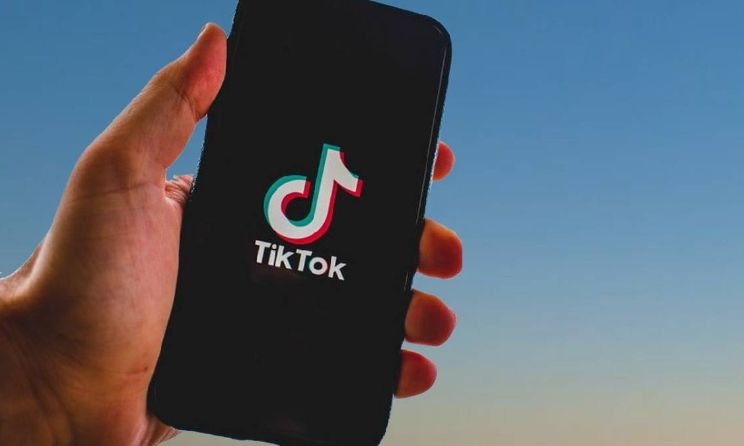TikTok sues US government over ‘divest-or-ban’ order
TikTok has filed a lawsuit against the US government after President Joe Biden recently signed a law requiring the app’s parent company, ByteDance, to sell its American operations or face a nationwide ban.
 TikTok is going to court over a bill forcing it to divest its US operations.
TikTok is going to court over a bill forcing it to divest its US operations.
The law that set a ‘divest-or-ban’ provision on the popular short-form video platform came into effect last month after the US Senate voted to approve it. US legislators had raised concerns that “the app could be collecting and passing sensitive data to the Chinese government.”
TikTok, which then described the law as a form of censorship, has now moved to challenge its implementation in court. In a complaint filed on 7 May with the US Court of Appeals for the District of Columbia, TikTok termed the law as unconstitutional.
“Congress has taken the unprecedented step of expressly singling out and banning TikTok: a vibrant online forum for protected speech and expression used by 170 million Americans to create, share and view videos over the Internet,” TikTok and ByteDance said in the complaint.
The law states that ByteDance has nine months until 19 January 2025 to sell TikTok’s US operations or face an effective ban of the app in US app stores and web-hosting services. The law gives the company 270 days to find a buyer, and the US president has the option to extend the deadline by 90 days if there is evidence that a sale process is under way.
In the lawsuit, the company lists three reasons why selling its US operations is not possible, first stating that US users and content would be cut off from content from other countries, which would “dramatically undermine the value and viability of the US TikTok business.”
Secondly, it says the law requires moving TikTok’s source code to the buying company, and prevents an “operational relationship” between ByteDance and the new US platform.
Lastly, it pointed out that TikTok had invested billions in addressing the privacy and security concerns brought up by critics, such as the possibility that the government of China could access personal data of US users, or that the platform could be used to sow disinformation, including during an election season.
Below are excerpts from TikTok’ complaint:
For the first time in history, Congress has enacted a law that subjects a single, named speech platform to a permanent, nationwide ban and bars every American from participating in a unique online community with more than 1 billion people worldwide.
In reality, there is no choice. The ‘qualified divestiture’ demanded by the Act to allow TikTok to continue operating in the United States is simply not possible: not commercially, not technologically, not legally. And certainly not on the 270-day timeline required by the Act.
It would take years for an entirely new set of engineers to gain sufficient familiarity with the source code to perform the ongoing, necessary maintenance and development activities for the platform. Moreover, to keep the platform functioning, these engineers would need access to ByteDance software tools, which the act prohibits.
The Chinese government has made it clear that it would not permit a divestment of the recommendation engine that is key to the success of TikTok in the United States. Like the United States, China regulates the export of certain technologies originating there. China’s export control rules cover ‘information processing technologies’ such as ‘personal interactive data algorithms.’
Even if it were possible to sell TikTok’s US operations, the law would still be an extraordinary and unconstitutional assertion of power.
If upheld, it would allow the government to decide that a company may no longer own and publish the innovative and unique speech platform it created.

































Comments
Log in or register to post comments